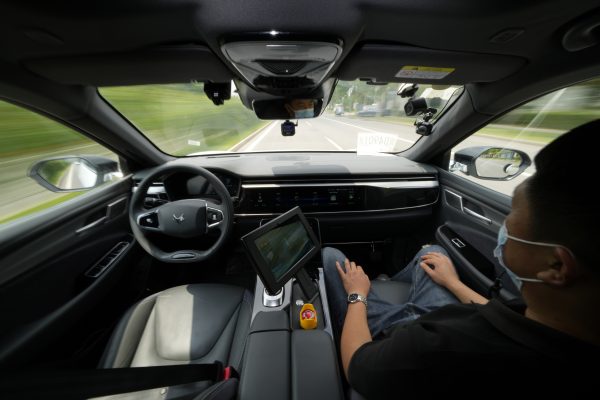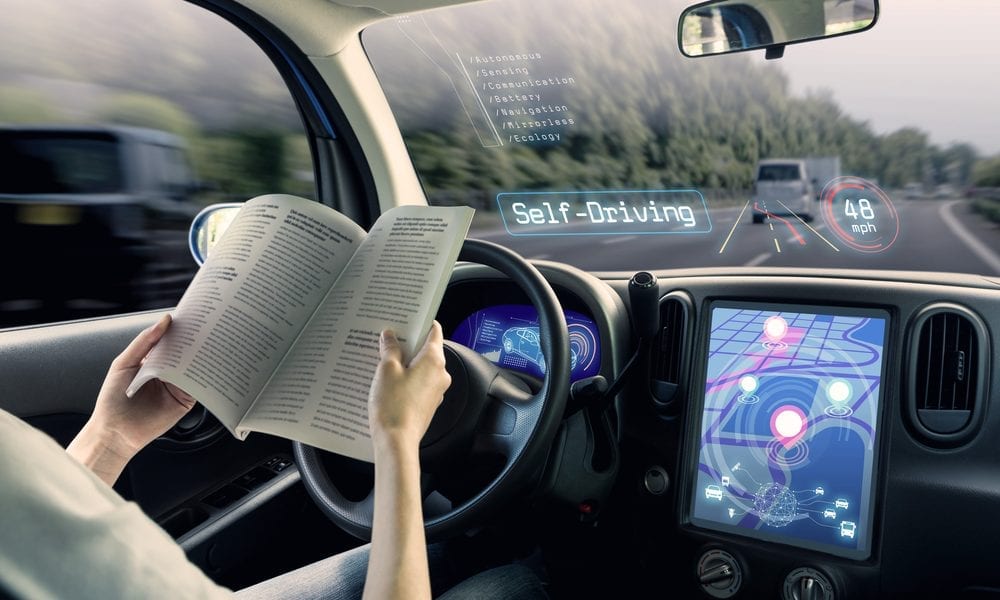Self-driving technology has been a topic of discussion for many years, and it is now becoming a reality. The development of autonomous vehicles has the potential to revolutionize the way we live and work, but it also raises questions about the impact on society and the economy. In this article, we will explore the benefits and challenges of self-driving technology and its potential effects on our society and economy.
Benefits of Self-Driving Technology
- Increased safety: Self-driving vehicles have the potential to reduce accidents caused by human error, which is responsible for the majority of road accidents.
- Reduced traffic congestion: Autonomous vehicles can communicate with each other and with traffic infrastructure to optimize traffic flow, reducing congestion and travel time.
- Greater mobility: Self-driving technology can provide greater mobility to people with disabilities or those who are unable to drive.
- Reduced environmental impact: Autonomous vehicles can be programmed to drive more efficiently, reducing emissions and improving air quality.
Challenges of Self-Driving Technology

- Job displacement: The widespread adoption of self-driving technology could lead to job losses in the transportation industry, including drivers and support staff.
- Security concerns: Self-driving vehicles rely on complex software and systems that could be vulnerable to hacking and cyber threats.
- Legal and regulatory challenges: There are many legal and regulatory issues surrounding self-driving technology, including liability in accidents and data privacy concerns.
- Cost: Self-driving technology is expensive to develop and implement, which could limit its adoption by individuals and businesses.
Potential Impacts on Society and the Economy
The widespread adoption of self-driving technology could have significant impacts on society and the economy, both positive and negative. Here are a few potential effects:
- Reduced car ownership: With the rise of autonomous ride-sharing services, many people may choose to forgo car ownership, leading to a decrease in car sales and ownership.
- Increased productivity: With the ability to work or relax during a commute, self-driving vehicles could increase productivity and reduce stress for commuters.
- Urban planning changes: Self-driving vehicles could change the way cities are designed, with less need for parking spaces and more emphasis on pedestrian-friendly infrastructure.
- Increased demand for new skills: As self-driving technology becomes more prevalent, there will be a growing demand for workers with the skills to develop and maintain these systems.
Overall, the impact of self-driving technology on society and the economy is likely to be significant and complex. While there are many potential benefits, there are also challenges that must be addressed. As this technology continues to develop and become more widespread, it will be important to carefully consider its effects and work to mitigate any negative impacts.




